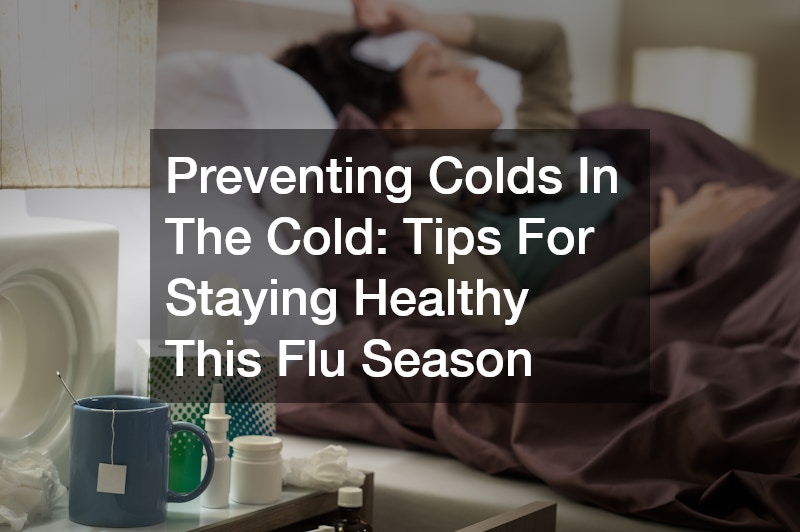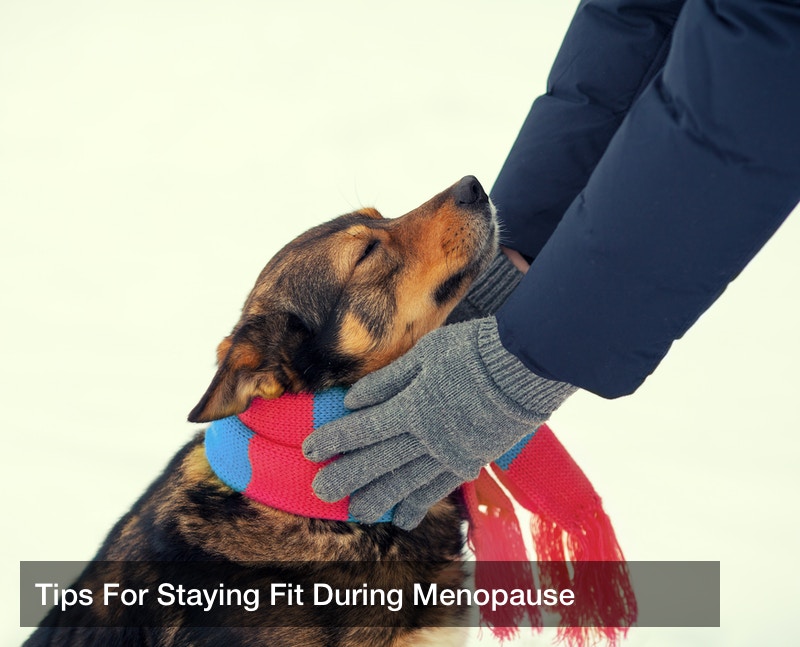
Everyone gets a cold occasionally, and cold symptoms can ruin your day. According to the Cleveland Clinic, the “common cold” (or rhinovirus) is one of the most common diseases in winter, along with flu, bronchitis, and RSV (respiratory syncytial virus.) These diseases often result in missed workdays and, in immune-compromised people, they can lead to more severe conditions.
According to the Mayo Clinic, cold symptoms include runny nose, headache, fatigue and nasal congestion. Once you begin feeling the effects of a cold, you’ll start searching for relief. Many people are turning to alternate remedies. For example, according to Healthline, natural remedies like herbal decongestants can be effective. Drinking herbal tea with honey and lemon can relieve congestion and sore throat.
One of the newest trends in healthcare has been going to medical spas. Many of these facilities provide IV therapy for various health challenges. For example, according to Infusion Associates, a session of IV therapy for colds may include electrolytes to replace lost fluids and minerals. The same website reports that medical spas may also be helpful for symptoms of flu and migraine. With the latter two conditions, the infusion would include anti-nausea and pain relief medications.
 While the cold weather brings a majority of people indoors, it brings legions of germs out of their summertime retreats. Viral bacteria thrive in environments with low humidity, and the increased contact between people indoors creates the perfect storm for cold and flu germs to make their rounds. Start taking measures to prevent these small and mighty invaders from compromising your immune system by making small changes in your daily life now.
While the cold weather brings a majority of people indoors, it brings legions of germs out of their summertime retreats. Viral bacteria thrive in environments with low humidity, and the increased contact between people indoors creates the perfect storm for cold and flu germs to make their rounds. Start taking measures to prevent these small and mighty invaders from compromising your immune system by making small changes in your daily life now.
- Don’t bite your nails
According to Dr. Andrew Thornber, a registered general practitioner and chief medical officer of online pharmacy Now Patient, fingernails are breeding grounds for germs. When you bite your nails, you bring those germs right into your body. Wearing gloves when you’re out can help you resist the urge to nibble on your nails and they’ll keep your hands warm. - Exercise regularly
Dr. Thornber says that exercise encourages white blood cells to travel through your body more quickly, thereby doing their jobs better. Doing just 30 minutes of exercise three times a week can help your body be in its best condition to fight off cold and flu germs. Aerobic physical activity, such as swimming, bicycling, or running, can even decrease the risk of chronic illness when done for two and a half hours each week. - Stay bundled up
Your mom was on to something when she bugged you to wear a jacket, scarf, hat, and gloves every time you left the house. Staying warm means that you stay healthy. Wearing a scarf when you’re out of the house is especially helpful. That seemingly minor strip of fabric around your neck helps prevent inhaling contagious germs when you’re using germ-riddled public transportation or you’re in people-packed stores. - Include elderberry in your diet
According to research published in the journal European Cytokine Network, elderberry was effective in vitro against 10 strains of the influenza virus. Dr. Elizabeth Trattner A.P, DOM is an expert in Chinese and Integrative Medicine. She also recommends incorporating elderberry into your diet in tablets or liquid for a healthy immune system. - Meditate
Meditation works wonders for your body as well as your mind. According to Dr. Trattner, research has shown that 20 minutes of meditation a day decreases cortisol levels, increases endorphins, and encourages a positive state of mind. That better state of mind will, in turn, promote improved health throughout your body. - Keep your spaces clean
Keeping your space — be it your work space or your living space — clean can go a long way in helping you stay healthy. Even though your carpet might look clean, it can hold up to one pound of dirt in a single square yard! Cleaning will help ease the attack on your immune system.
Keep your immune system healthy with these all-natural tricks, and you’ll breeze through the fall and winter without a sneeze or cough in sight.




